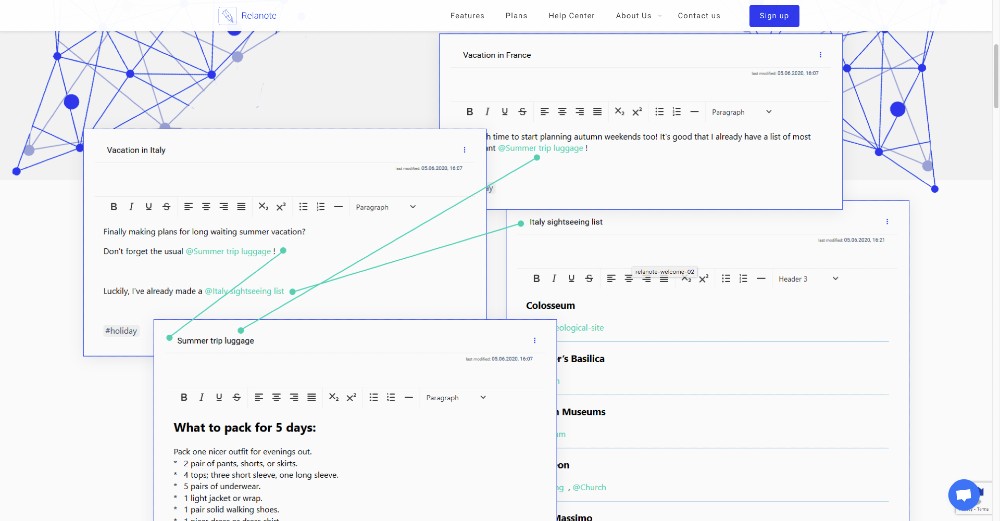If you have never thought about how important data standards in the real estate industry are, here are some questions for you:
- Have you ever been able to list and sell a home while typing the listing address (and other information) less than a dozen times?
- Have you ever made the transition to a new MLS system only to have to set up all of your prospects all over again?
- Why can’t you have someone build you a mobile app that leverages all the information in the MLS – listings, clients, saved searches, financial worksheets, etc.?
- If you belong to more than one MLS, why do you have to enter the listing into each system separately?
Most brokers and agents just assume that the situations described above are just “how things are,” and that there’s no way to make things better. They are wrong. Believe it or not, brokers and agents can play a part in making things better. It all comes back to understanding how real estate data standards work.
Real Estate Data Standards
Data standards define a uniform technical method of moving information between computer systems. In the real estate industry, this standard is called RETS (the Real Estate Transaction Standard) and is managed by an organization called RESO (the Real Estate Standards Organization).
RETS has been under development since 1999. It isn’t even close to “done” because for most of those years no one was managing the process, and RETS development was driven almost entirely by the part-time effort of volunteers such as myself.
It is only in recent years that RESO was formed and professional project management was put in place to manage the volunteer effort. This has radically accelerated RETS standards development; if the industry puts more funding into RESO, it may be possible to hire more staff to make the process go even faster.
The Current State of Real Estate Data Standards
Most real estate systems “speak” a version of RETS that is only capable of moving listing information and MLS subscriber information. This makes it impossible to move some of the information types, such as your prospects’ information, described earlier.
Adding to the problem, there are over 850 MLSs in the U.S. and Canada today, and each has its own unique data fields. For example, Hawaiian MLSs have “lanais.” Moreover, each MLS has unique ways of describing fields that are common to all MLSs. For example, one MLS might have “ListingContractDate”, and others might have ListingDate, DateOfListing, ListDate, ListingContractDate, or AgreementDate. Some MLSs will even have entirely different ways to describe the same thing. Imagine one MLS describing tree coverage as light, medium or heavy wooded, and another describing it in terms of % coverage. There are hundreds of similar examples. All of this makes it challenging for someone who wants to write one program or create one website to use data from multiple MLSs.
While many people in the industry are frustrated that RETS isn’t further along, keep in mind that when it comes to web standards, it took the Web standards organization (the W3C) more than 10 years to release a new version of HTML (version 5). RETS has come a long way in that same timeframe. Still, it’s okay to want RETS to move faster and fulfill its promise, solving the kinds of issues described earlier in this article.
Standards Adoption is Key
Thankfully, RESO volunteers are working to solve the problems described above. The new “data dictionary” provides standardized ways to refer to data covering a wide variety of data types: property (including media and listing history), membership, office, contacts, saved searches and open houses. That’s not every type of data one might want to move from system to system, but it’s getting there.
BUT, while the improved standards have been created, they haven’t been adopted by MLSs and other tech companies.
What Can YOU Do About It?
You can make sure your MLSs and other software providers know that you understand about data standards and you want them to make standards adoption – and integrations based on them – a priority. By telling them so, you can get all the benefits of the rapidly evolving standards.
Some MLSs might say, “We’re dependent on our MLS software vendor to do that for us,” and they are telling the truth there. Nonetheless, the vendors won’t move faster until their MLS customers tell them it’s a priority, and your local MLS won’t do that until its subscribers tell it in turn that standards are a priority. So again, it comes back to you.
Also, if you have a bit of technical skill or even just knowledge of the data, you can get involved with RESO to add your efforts to that of other volunteers’. And, if you have some financial resources, you can join RESO as a member (as I have, putting my money where my mouth is).
For more information about real estate data standards, visit reso.org.
Matt Cohen has been with Clareity Consulting for over 17 years, consulting for many of the real estate industry’s top Associations, MLSs, franchises, large brokerages and technology companies. Many clients look to Matt for help with system selection and negotiation. Technology providers look to Matt for assistance with product planning, software design, quality assurance, usability, and information security assessments. Matt has spoken at many industry events, has been published as an author in Stefan Swanepoel’s “Trends” report and many other publications, and has been honored by Inman News, being listed as one of the 100 Most Influential Real Estate Leaders.















































